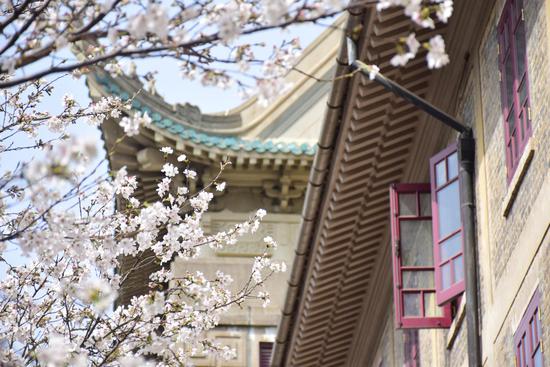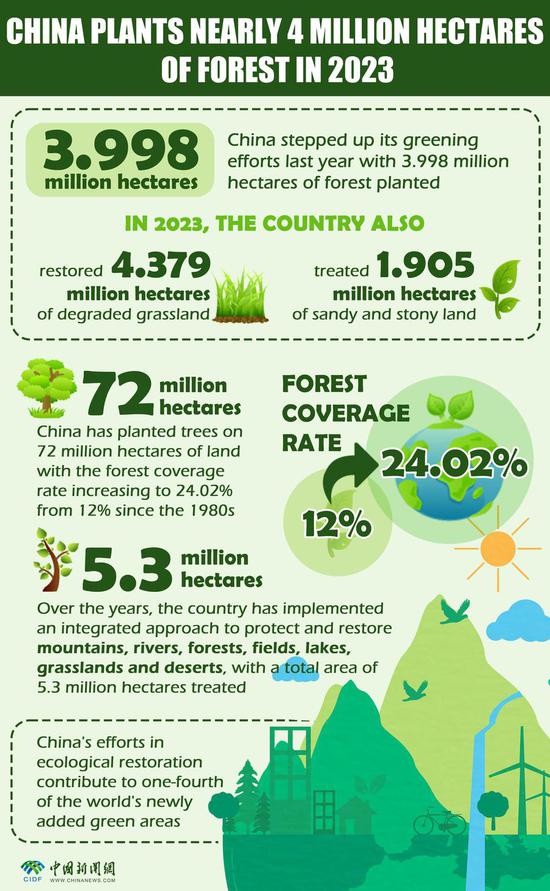The United States has fallen out of the top 20 happiest countries primarily due to a decline in happiness among younger adults, a report shows.
The World Happiness Report, released on Wednesday to commemorate the United Nations' International Day of Happiness, reveals that the U.S. has dropped from 15th place in 2023 to 23rd this year. This is the first time the U.S. has fallen out of the top 20 since the report was launched in 2022.
The decrease in happiness has shown a gap among age groups, as individuals under the age of 30 ranked 62nd out of 143 countries for happiness, while U.S. adults aged 60 and above ranked 10th. Similar to the U.S., Canada, ranked 15th overall but 58th among young people this year.
Nordic countries still dominate the top 10 countries on the list, with Finland at the top for the seventh year in a row, followed by Denmark, Iceland and Sweden. Afghanistan retains its position as last in the overall happiness ranking.
Data for the report is from Gallup World Poll surveys from 2021 to 2023 and analyzed by some of the world's leading experts on well-being.
Around 1,000 people from each country usually respond to the surveys each year and rate their current life satisfaction on a scale from zero to 10. The happiness report is then based on a three-year average of those figures.
To further analyze the self-reporting satisfaction, researchers also considered six factors: the nation's healthy life expectancy, economy (GDP per capita), levels of corruption, social support, generosity and freedom.
The latest findings suggest happiness has declined among 15-to-24-year-olds in North America, Western Europe, the Middle East/North Africa and South Asia since 2019, and young females recorded lower scores than males.
"In North America, and the U.S. in particular, youth now start lower than the adults in terms of well-being," Jan-Emmanuel De Neve, director of the University of Oxford's Wellbeing Research Center and an editor of the report, said in an interview. "And that's very disconcerting, because essentially it means that they're at the level of their midlife crisis today, and obviously begs the question of what's next for them?"
"Youth well-being and mental health is highly predictive of a whole host of subjective and objective indicators of quality of life as people age and go through the course of life," he said.
There is a change from a decade ago, when young Americans considered themselves happier than those in the midlife groups, and about as happy as those age 60 and over, said economist John Helliwell, a founding editor of the World Happiness Report. Now, those 30 and under are the country's least-happy age group, a decline attributed partly to feeling worse about their lives.
De Neve said the findings for youth in the United States in particular were "really striking". He said questions remain about the reasons behind the trend, with possible reasons polarization, social media use and growing health and income disparities.
"In the U.S., happiness or subjective wellbeing has decreased in all age groups, but especially for young adults," Gallup Managing Director Ilana Ron Levey told CBS News in a statement, adding that social connections are one key factor contributing to generational disparities in happiness.
"The World Happiness Report and the Gallup/Meta social connectedness data show peak loneliness for younger Americans. It's widely recognized that social support and feelings of loneliness are influential factors in determining overall happiness, and these dynamics differ across various age groups," she said. "The quality of interpersonal relationships may impact the well-being of younger and older individuals in distinct ways."
"This increase in benevolence has been large for all generations," the report said, but the increase was especially large "for the Millennials and Generation Z, who are even more likely than their predecessors to help others in need".


















































 京公網(wǎng)安備 11010202009201號(hào)
京公網(wǎng)安備 11010202009201號(hào)